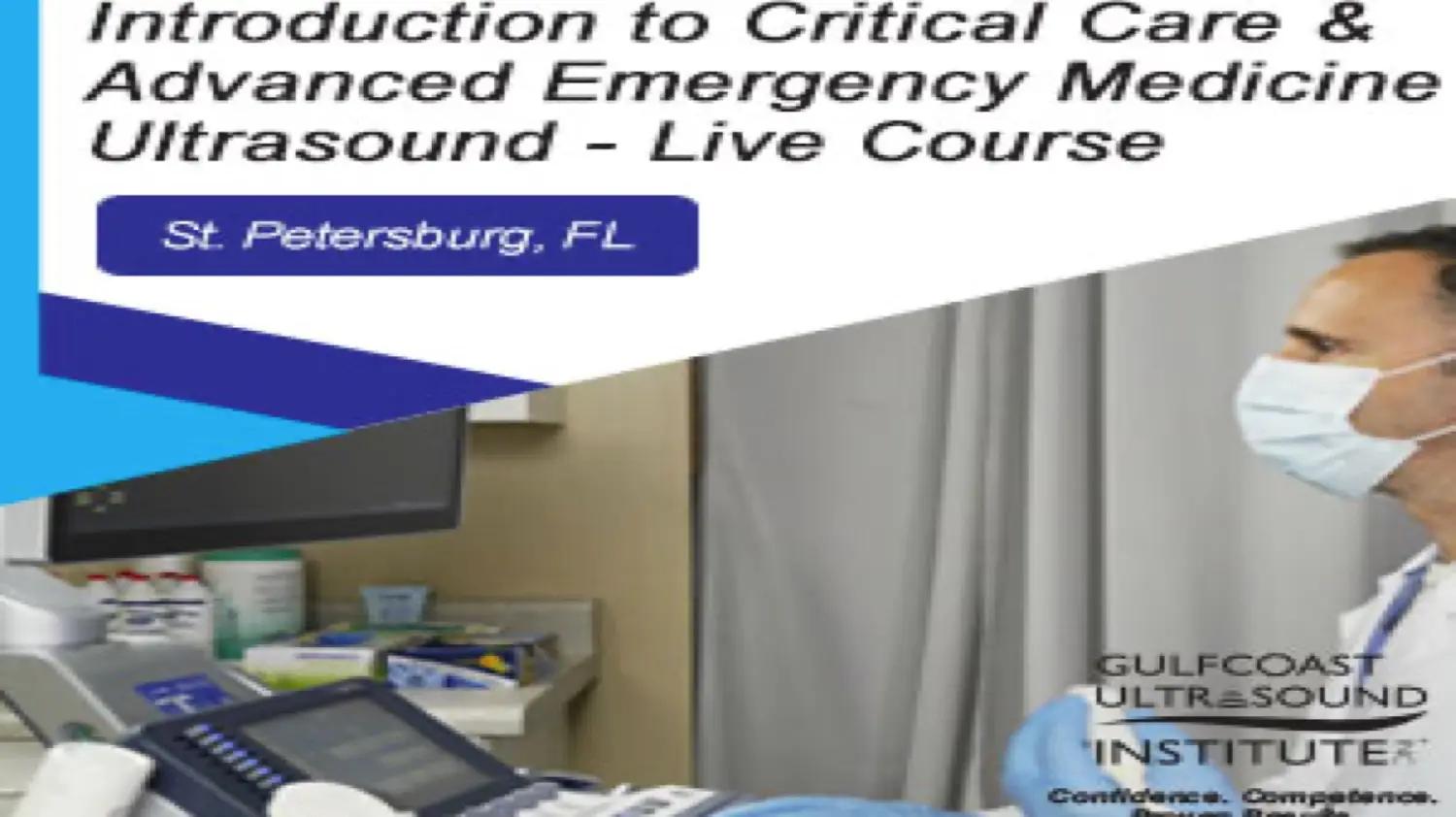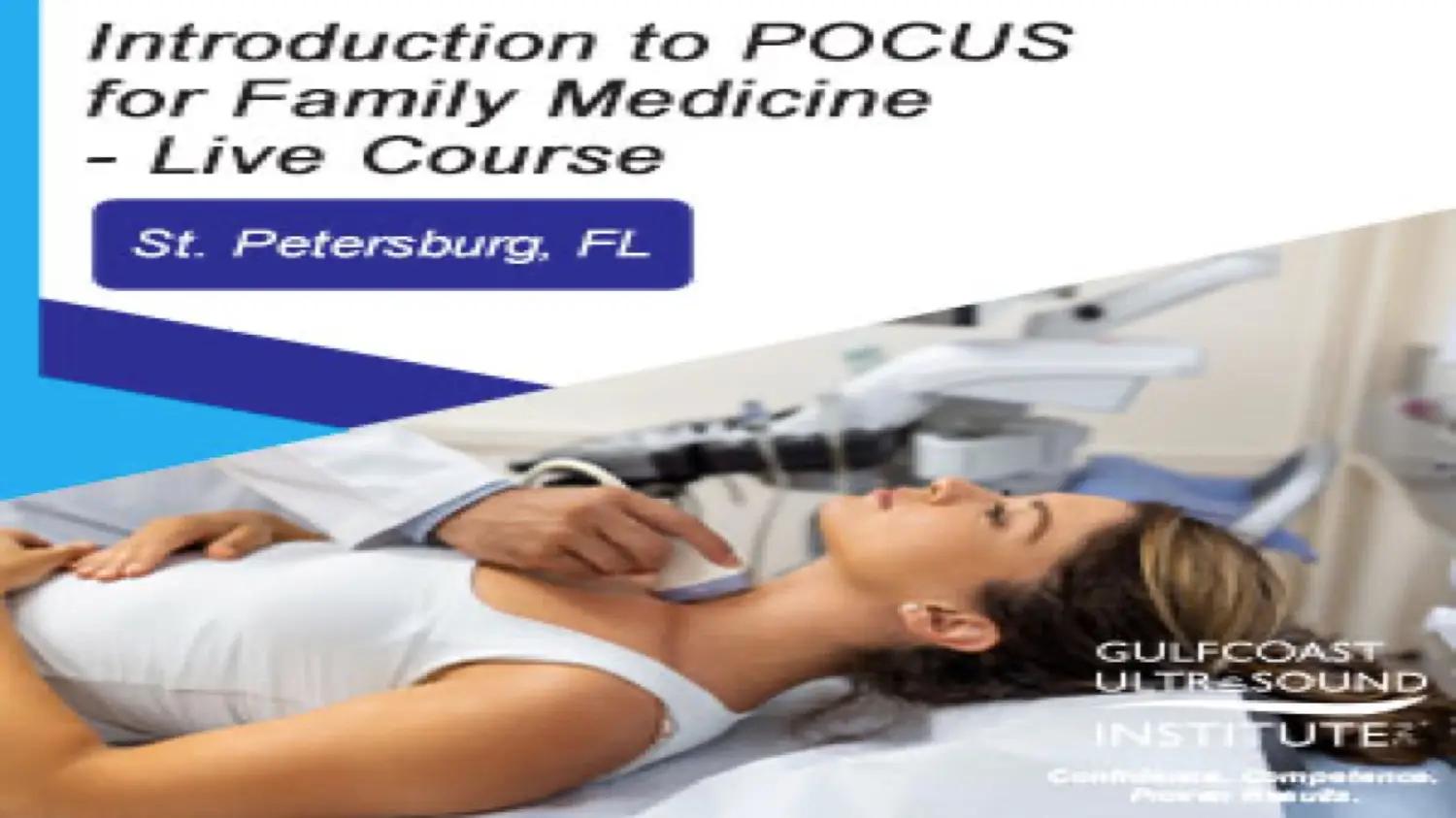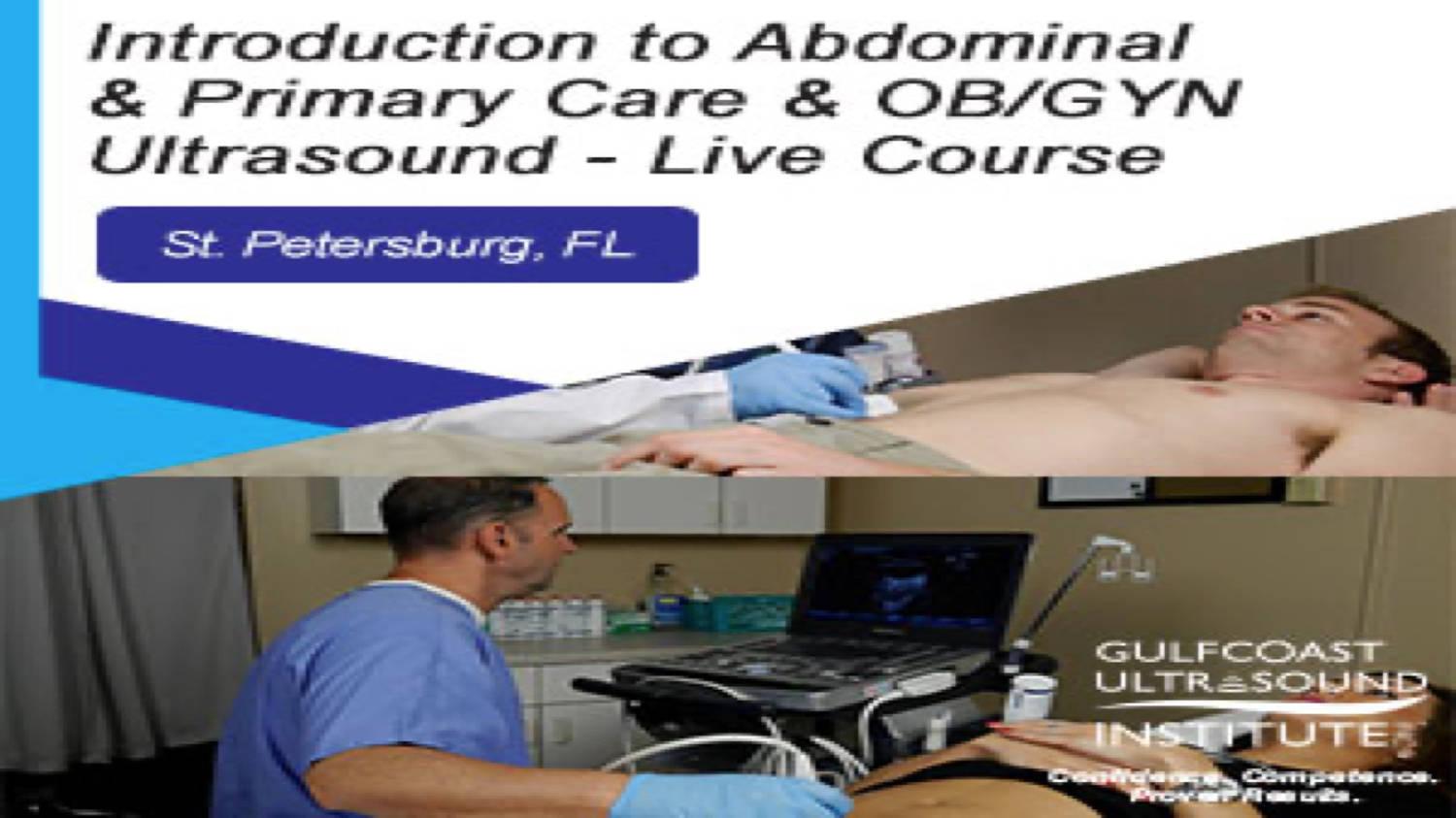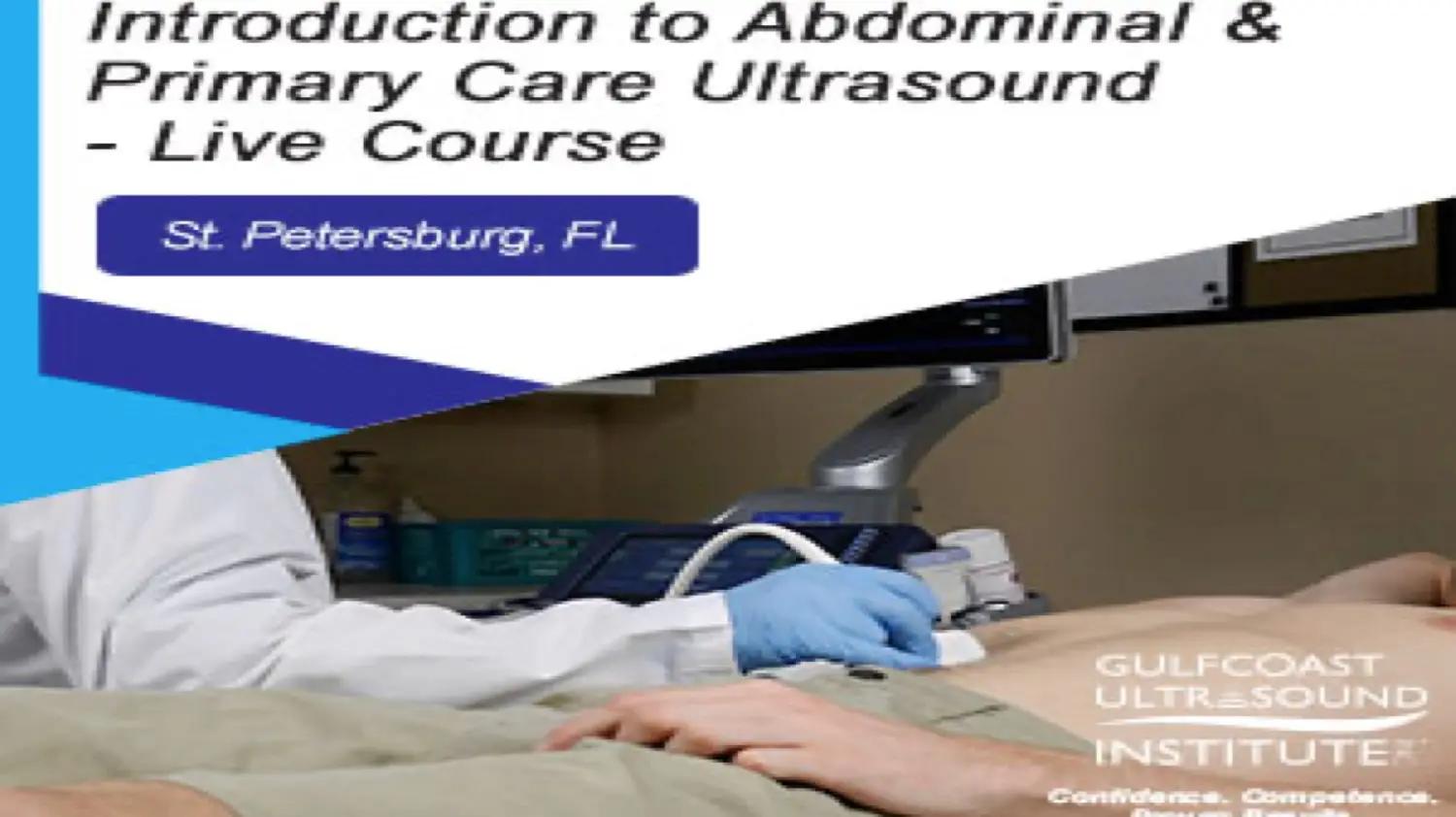
Management of Common Symptoms in Palliative Care
 hosted byeMedEd, Inc.
hosted byeMedEd, Inc.
Uncontrolled symptoms encountered in a palliative care setting can lead to preventable distress and suffering for both patients, their families and ED visits often resulting in hospitalization. Appropriate treatment may alleviate, or even eliminate, the majority of symptoms present in seriously ill patients. Management of Common Symptoms in Palliative Care discusses these common symptoms including delirium/agitation, nausea, vomiting, constipation and dyspnea while outlining available and up-to-date treatment options for healthcare professionals.
Educational Objectives
After completing this activity, the participant should be better able to:
1. Recognize common symptoms requiring management for palliative care patients near the end of life
2. Identify and employ appropriate assessment measures for common end-of-life symptoms
3. Cite and manage common end-of-life symptoms with appropriate pharmacological and non-pharmacological strategies.
The estimated time to complete this activity is 1 hour.
This activity is jointly provided by Your CE Source and eMedEd.









